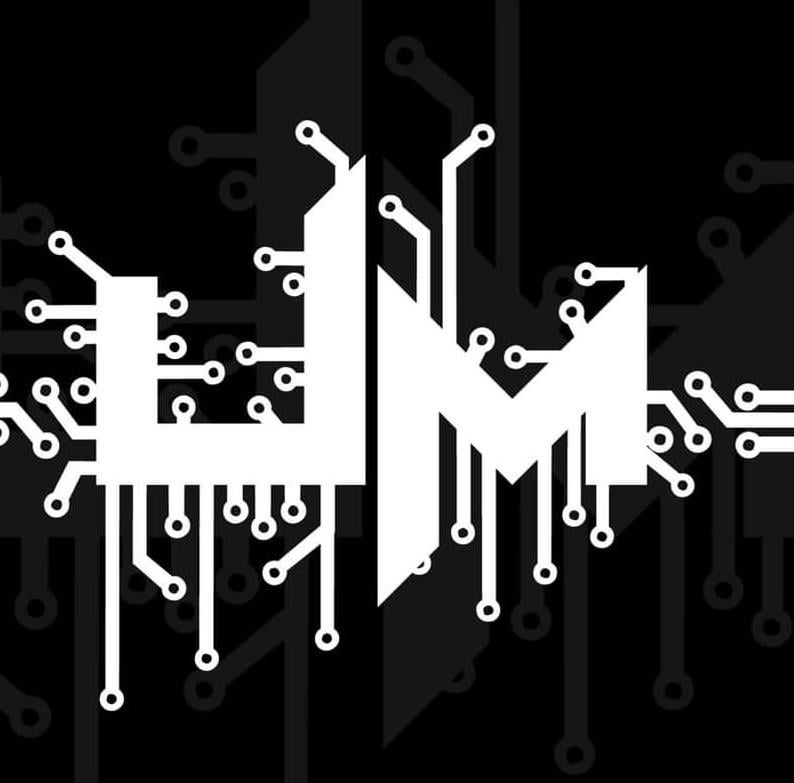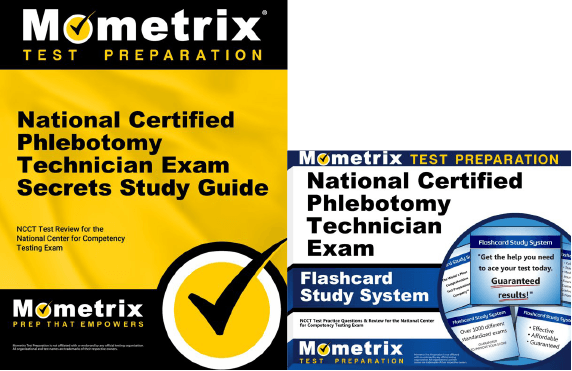If you need help studying for the National Certified Phlebotomy Technician (NCPT) exam or just want some more information about what the exam is like, you’ve come to the right place.
Click below to take a free NCPT practice test!
What’s on the Exam?
First, let’s talk about the questions on the exam. There are 125 questions total, but only 100 question will count toward your score. Why is that?
The 25 unscored questions on the NCPT exam are called “pretest” questions. These are added to the exam to determine if they’re good enough questions to add to future versions of the test.
The trick is that you won’t have any way of knowing which questions are scored and which ones are pretest. They will appear just like the scored questions throughout the test.
The time limit for the exam is 3 hours. You can take a break any time you want, but the timer will not be stopped.
Let’s take a closer look at the different sections of the NCPT exam.
1. Infection Control and Safety
15 scored questions
- Maintaining protocols for handling blood and bodily fluid exposure
- Employing personal protective equipment (PPE) appropriately
- Utilizing safety mechanisms on phlebotomy equipment effectively
- Ensuring facilities and equipment are cleaned and disinfected properly
- Adhering to OSHA standards for disposing of phlebotomy equipment
- Implementing infection prevention and transmission control measures
- Safeguarding patient safety during specimen collection
2. Preparing for Specimen Collection
25 scored questions
- Reviewing and clarifying orders for patient specimen collection
- Verifying the quality of equipment before use
- Choosing appropriate equipment for different tests, patients, and scenarios
- Identifying additives and anticoagulants in blood collection tubes
- Adhering to standards for patient identification
- Evaluating conditions that may affect test results prior to specimen collection
- Educating patients on the specimen collection process
- Applying and properly releasing a tourniquet during blood collection
- Selecting and preparing appropriate sites for blood collection
- Documenting patient information and collection details accurately
3. Specimen Collection
30 scored questions
- Prioritizing specimen collections based on medical necessity and patient needs
- Taking special precautions for patients with specific medical conditions
- Accommodating patients with unique needs or considerations
- Following the CLSI recommended order of draw
- Securely anchoring the vein for accurate venipuncture
- Performing diverse collection procedures for various specimens
- Instructing patients on how to collect and preserve non-blood specimens correctly
- Collecting non-blood specimens according to established requirements
- Labeling specimens clearly and accurately
- Ensuring the integrity of specimens is maintained through proper handling
- Delivering specimens to the appropriate laboratory department for analysis
- Conducting quality assurance checks during the blood specimen collection process
4. Collection Complications and Troubleshooting
15 scored questions
- Managing phlebotomy for patients on anticoagulant therapy following specific protocols
- Skillfully collecting specimens from patients who are difficult to draw
- Responding effectively to adverse reactions from patients during collection
- Taking corrective actions when blood return is not achieved
- Avoiding interference that could affect the clinical analysis of blood constituents
- Addressing pre-analytical errors to ensure specimen integrity
5. Law and Ethics
15 scored questions
- Recognizing and adhering to the legal responsibilities of phlebotomy technicians
- Complying with the American Hospital Association’s Patient’s Bill of Rights
- Obtaining necessary consent for all specimen collections
- Preventing incidents that might lead to legal consequences
- Following laws concerning the confidentiality and security of medical records
- Ensuring specimen collections comply with all relevant laws and regulations
- Managing specimens with chain of custody requirements meticulously
- Adhering to protocols for reporting incidents involving patient care or laboratory errors
How to Register
To begin the registration process, you’ll need to create an NCCT account on their website and fill out the application and registration information.
You’ll also need to pay the $119 examination fee.
Exam Scores
The NCPT exam is scored using a scaled scoring method. Here’s how it works:
For every question you answer correctly, you get one point added to your raw score. At the end of the test, your final raw score will be converted to a scaled score. This scaled score will range somewhere between 200 and 720.
The reason your raw score is converted to a scaled score is because everyone who takes the test is given a slightly different set of questions. Since everyone has a different arrangement of questions, and because some questions are harder than others, converting your raw score to a scaled score ensures a more even playing field.
Retaking the Exam
If you didn’t get a passing score on your first try, that’s okay! After 30 days, you can take the test again.
Once you take the test for a third time, you’ll have to wait for a full year before taking it a fourth time. Your fourth attempt will be your final attempt.
What Test-Takers Are Saying
Don’t just take our word for it! See what real test-takers are saying about the NCPT exam:
“This is what I saw on my test: order of draw and additives along with what department it’s transported to, types of consent, names of the veins (cephalic, median cubital, basilic), neonatal stuff, patient interaction, pre-analytical phases, PPE, HIPAA, assault/battery, negligence/malpractice, and invasion of privacy.”

SacrificeXIV
“Make sure you know your order of draw and the additives in each tube. Also the legal ramifications of messing up during a venipuncture.”

dark_turf4
“My biggest piece of advice is to slow down while taking the test. Read the question two or three times all the way through before answering. I remember there were a lot of situational-type questions that give you hypothetical scenarios in the OR.”

Dabblesauce1
FAQs
How many questions are on the NCPT exam?
There are 125 questions on the exam.
What is the time limit for the NCPT exam?
The exam is timed at 3 hours.
What is the passing score for the NCPT exam?
You’ll need to score at least 575 to pass.
Mometrix Test Preparation is not affiliated with or endorsed by any official testing organization. All organizational and test names are trademarks of their respective owners.



 NCPT Study Guide
NCPT Study Guide NCPT Flashcards
NCPT Flashcards